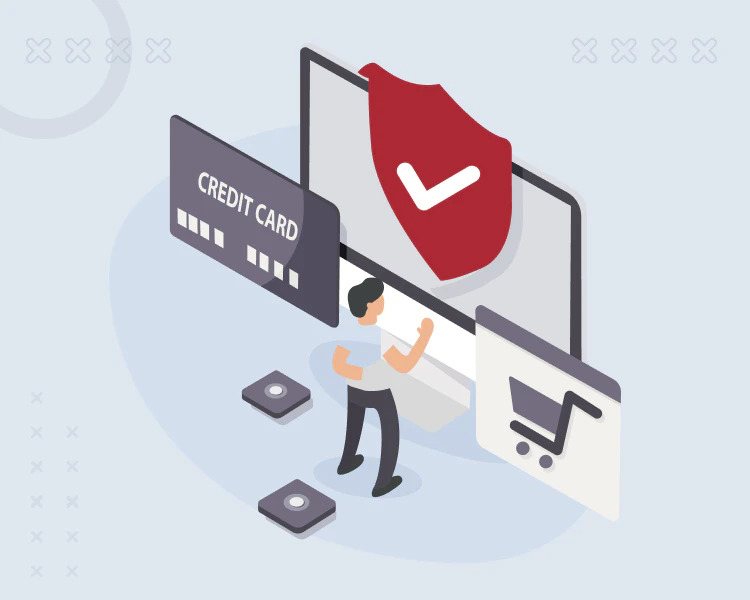In the digital age, e-commerce has revolutionized the way we shop, providing convenience, variety, and accessibility to consumers worldwide. However, with the increasing prevalence of cyber threats and data breaches, building trust and ensuring security in e-commerce applications has become paramount. In this blog, we will explore essential strategies and best practices for building trust and fortifying security in e-commerce applications, safeguarding customer confidence and protecting sensitive information.
- Implement Robust Authentication and Authorization: Strong authentication mechanisms are crucial for verifying the identity of users and preventing unauthorized access to e-commerce applications. Implement multi-factor authentication (MFA), requiring users to provide multiple pieces of evidence, such as passwords, SMS codes, or biometric factors, to authenticate themselves. Additionally, employ role-based access control (RBAC) to ensure that users have appropriate levels of access based on their roles and responsibilities.
- Secure Transmission of Data: Encrypting data during transmission is essential to protect sensitive information from interception and unauthorized access. Utilize secure protocols like HTTPS (HTTP over SSL/TLS) to encrypt data between the client and the server. Employ SSL/TLS certificates to ensure the authenticity of the server and establish a secure connection. Implement strict security configurations and cipher suites to mitigate vulnerabilities and enforce secure communication.
- Protect User Credentials: One of the most common security breaches in e-commerce applications is compromised user credentials. Encourage strong password policies by enforcing password complexity, length, and expiration requirements. Utilize secure password hashing algorithms, such as bcrypt or Argon2, to protect stored passwords. Consider implementing additional security measures like password salting and enforcing two-factor authentication (2FA) to add an extra layer of protection.
- Secure Payment Processing: The security of payment transactions is of utmost importance in e-commerce applications. Integrate with trusted payment gateways that comply with Payment Card Industry Data Security Standard (PCI DSS) requirements. Avoid storing sensitive payment information and instead leverage tokenization or encryption techniques to handle payment data securely. Regularly monitor and update payment processing systems to address any vulnerabilities promptly.
- Regularly Update and Patch Software: Keeping e-commerce applications up to date with the latest security patches and software updates is vital for protecting against known vulnerabilities. Establish a process for regularly monitoring and applying security patches to operating systems, frameworks, libraries, and other software components. Regularly update and patch third-party plugins or modules used in the application to ensure they do not introduce security vulnerabilities.
- Employ Robust Session Management: Effective session management is critical for preventing session hijacking and maintaining user privacy. Implement secure session handling techniques, such as using unique session identifiers, enforcing session timeouts, and securely transmitting session cookies over HTTPS. Invalidate or expire sessions after logout or inactivity to minimize the risk of unauthorized access to user accounts.
Building trust and ensuring security in e-commerce applications is crucial for maintaining customer confidence and protecting sensitive data. By implementing robust authentication and authorization mechanisms, securing data transmission, protecting user credentials, securing payment processing, regularly updating software, employing robust session management, conducting security audits and penetration testing, and educating users on security best practices, e-commerce businesses can create a secure and trustworthy environment for their customers. Prioritizing security measures throughout the development lifecycle is vital to mitigate risks and ensure the long-term success of e-commerce applications.






